
The vegetable at the top of the list of 'liver-damaging king', if you eat it, don't blame your liver for early liver damage
Not All Vegetables Are Good for Your Liver — Some Can Actually Be Harmful
Although vegetables are generally considered healthy, not every type is beneficial for the liver. In fact, some can cause real damage if consumed improperly or too often.
1. Green (Unripe) Tomatoes
While ripe red tomatoes are famous for their rich nutritional value, green or unripe tomatoes can pose hidden health risks — particularly to the liver. These unripe tomatoes contain a large amount of alkaloids, especially the toxic compound solanine, which can seriously harm liver and stomach functions.
When these toxins enter the body, the stomach works to digest them while the liver has to process and break them down. If this continues over time, liver function can deteriorate, potentially leading to liver diseases, including liver cancer.
Eating green tomatoes can also cause food poisoning. Even a small amount may cause mild discomfort, but frequent or excessive consumption may result in serious symptoms such as nausea, vomiting, excessive salivation, fatigue, and weakness. In severe cases, it can even be life-threatening.
Fortunately, the toxins in tomatoes gradually disappear as the fruit ripens. Therefore, for your safety, only consume fully ripe tomatoes, whether raw or cooked.
2. Undercooked Legumes
Legumes are well-known for their health benefits, but when not cooked thoroughly, they can become a dangerous source of toxins — comparable to arsenic. Undercooked beans contain harmful compounds such as phytohemagglutinin, toxic glycosides, and protease inhibitors, all of which can damage the liver and digestive system.
Among legumes, kidney beans are the most notorious for harming the liver when not properly cooked. Some people prefer lightly cooked or crunchy beans for their taste, but this can be risky. Raw or half-cooked kidney beans contain saponins and lectins, which can injure liver cells. Consuming them frequently or in large quantities may lead to liver dysfunction or even liver disease.
Symptoms of legume poisoning range from mild to severe — including bloating, vomiting, diarrhea, dizziness, headaches, sweating, and other nervous system effects. To protect your health, always ensure that beans are fully cooked before eating.
3. Rootless Bean Sprouts
Rootless bean sprouts often look plump, white, and fresh — and are even cheaper — but they’re not necessarily safe. Eating them in large quantities or too often can harm your liver and other organs.
These sprouts are often grown by soaking beans in water and using chemical growth stimulants to speed up harvest. Although profitable for producers, this method causes the sprouts to absorb toxic substances and undergo excessive chemical changes, potentially altering their cell structure.
Consuming such sprouts can lead to toxin buildup in the body, overworking the liver and causing cellular damage. Over time, this may increase the risk of liver cancer. To stay healthy, it’s best to eat them sparingly — or eliminate this type of sprout from your regular diet altogether.
4. Over-Soaked Wood Ear Mushrooms (Black Fungus)
Soaking wood ear mushrooms improperly can turn this nutritious food into a “liver poison.” While dried wood ear mushrooms are harmless on their own, soaking them for too long — especially more than 8 hours or overnight — encourages the growth of harmful bacteria. These bacteria produce BKA toxin and aflatoxin, one of the most powerful carcinogens known, strongly linked to liver cancer.
These toxins are heat-resistant, meaning that even thorough cooking cannot destroy them completely. Symptoms of poisoning may include abdominal pain, bloating, nausea, and vomiting. Severe cases can lead to multi-organ failure, and because there is no specific antidote, the mortality rate can reach up to 50%.
To stay safe, rinse the mushrooms before soaking and limit soaking time to 15–20 minutes in warm or cold water. Also, avoid eating fresh wood ear mushrooms, as they contain morpholine, which can cause itching, swelling, and, in severe cases, skin necrosis or allergic reactions.
Conclusion
Even healthy foods can become harmful if not handled or cooked correctly. To keep your liver in good shape, avoid unripe tomatoes, undercooked beans, chemically grown sprouts, and over-soaked wood ear mushrooms. A few small changes in how you prepare your vegetables can go a long way in protecting your liver and overall health.
News in the same category


🔍 What’s the Purpose of That Tiny Hole in a Safety Pin?

Brown vs. White Eggs: Which Should You Choose?

The Animal You See First Reveals Your Anger Trigger

New Study Finds Eating More Than 1 Egg Per Week Cuts Alzheimer’s Risk by 47%

How Denmark Is Redefining Childhood in the Digital Age

4 things you shouldn't keep

The Hidden Meaning Behind Tongue Piercings Most People Don’t Know

Scientists Create Revolutionary “Superwood” Stronger Than Steel and Completely Fireproof

The Wondiwoi Tree Kangaroo Returns After Nearly a Century of Silence

Why do many men love married women more than single women?

5+ Things That Men Actually Notice About Women

This Is the Most Attractive Hobby a Man Can Have, According to Women

Pick The Underwear You Would Wear To Reveal What Kind Of Woman You Are

What to Do If Your Child Is Bitten by a Strange Bug

If you're caught Googling these four words Police may show up at your house

Fascinating animation reveals exactly how gas pumps know when to stop pouring gas

Elon Musk's Starlink satellites could be falling out of the sky

Expert issues chilling warning on Elon Musk's robots as billionaire plans to put them on Mars
News Post
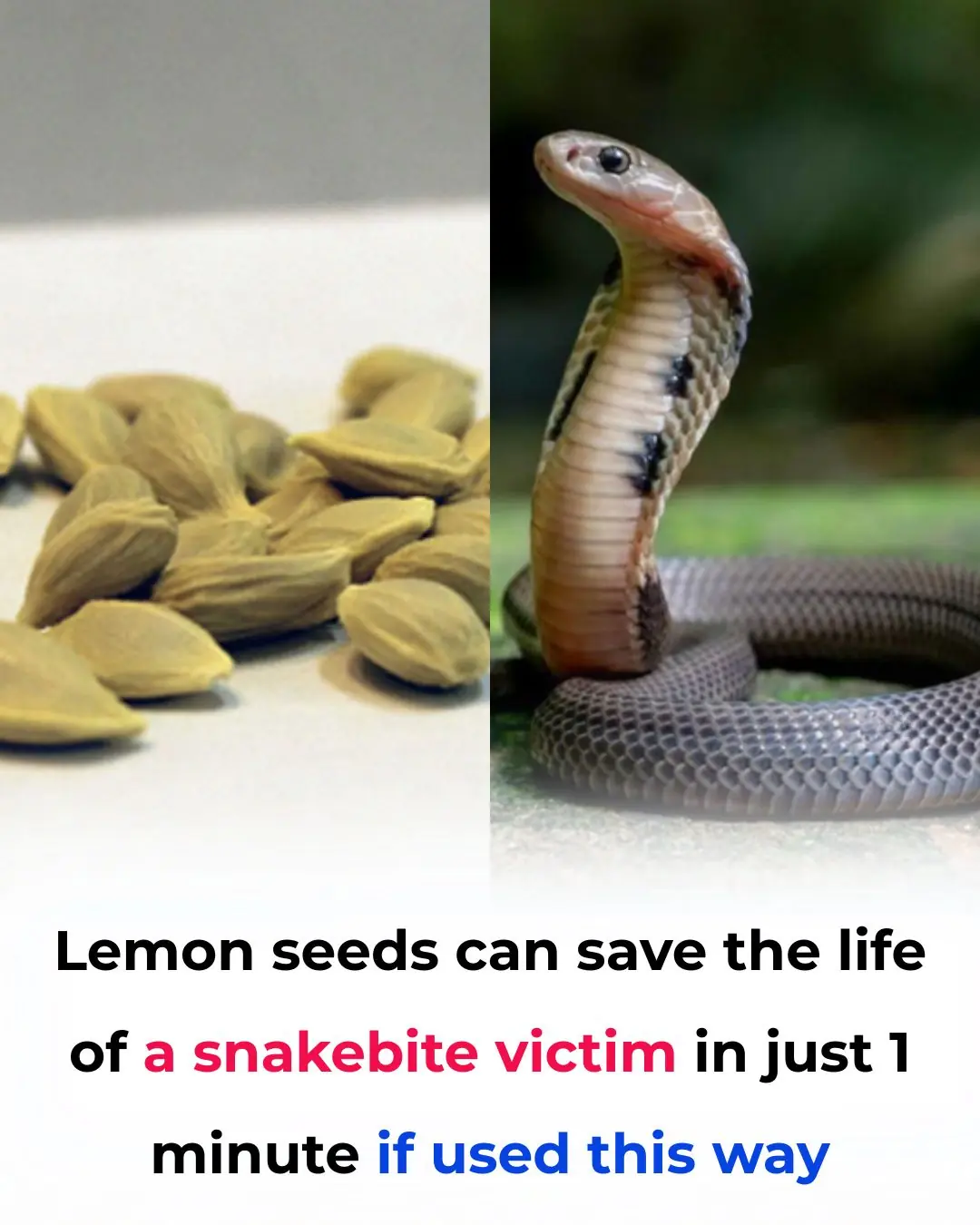
Lemon Seeds Can Save a Snakebite Victim Within Just One Minute If Used This Way

Why Keeping A Lemon In Your Bedroom Is A Great Idea

Put salt in your toilet. Here's why. This is something plumbers will never tell you
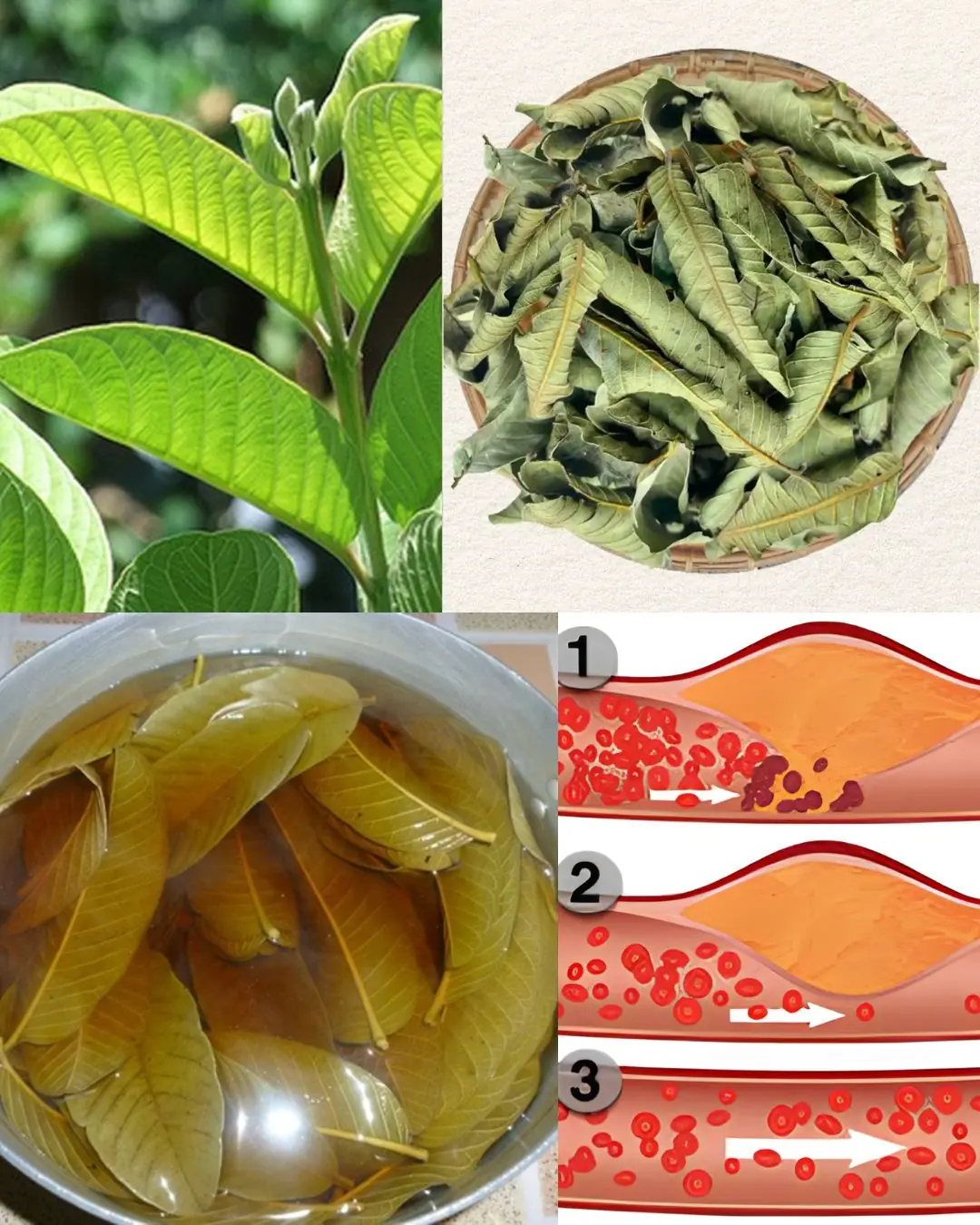
Guava Leaves for Blood Sugar Control: Nature’s Gift for Diabetics
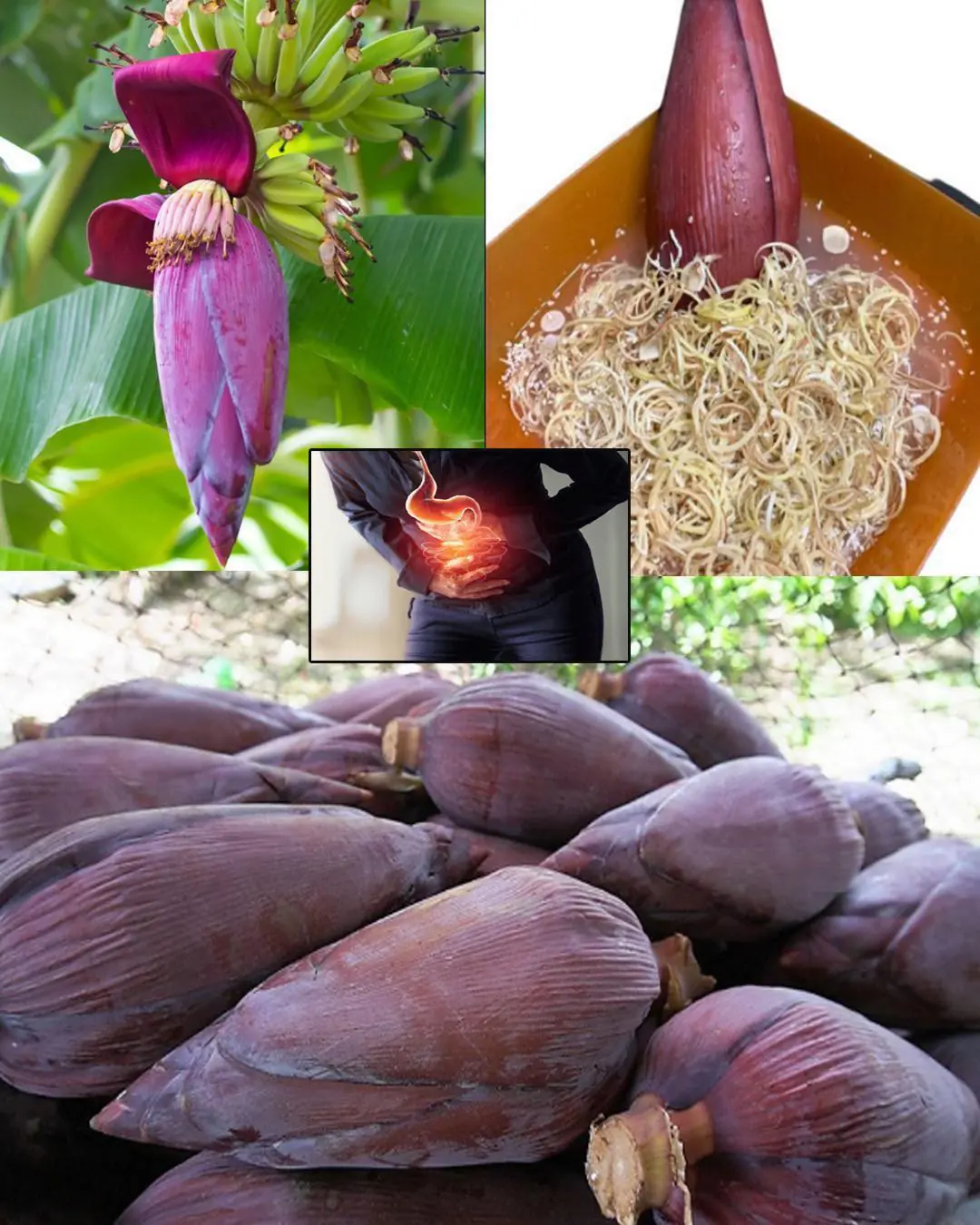
Banana Blossom: Health Benefits, Recipes, and Uses
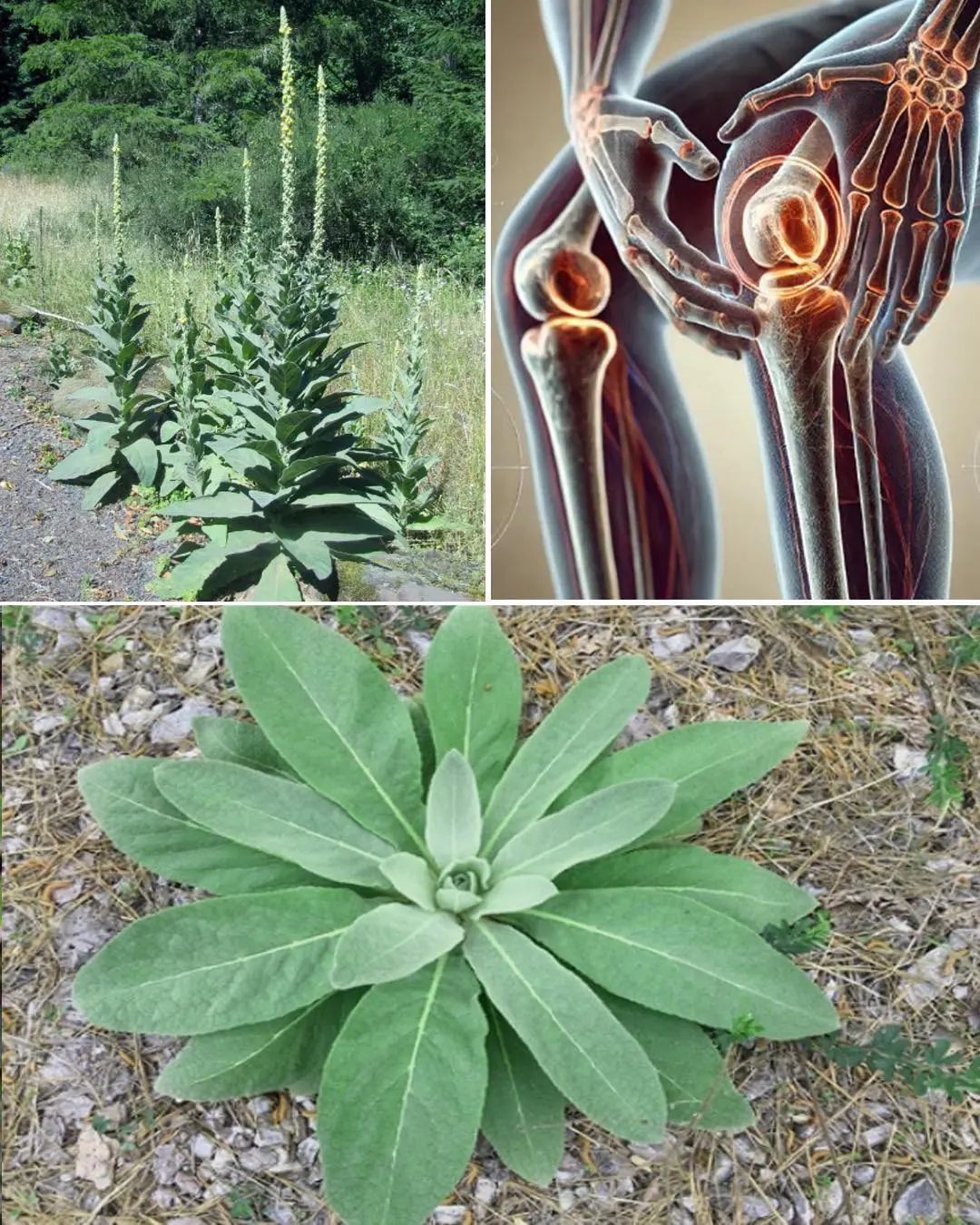
Common Mullein: Benefits and Uses of Nature’s Versatile Herb
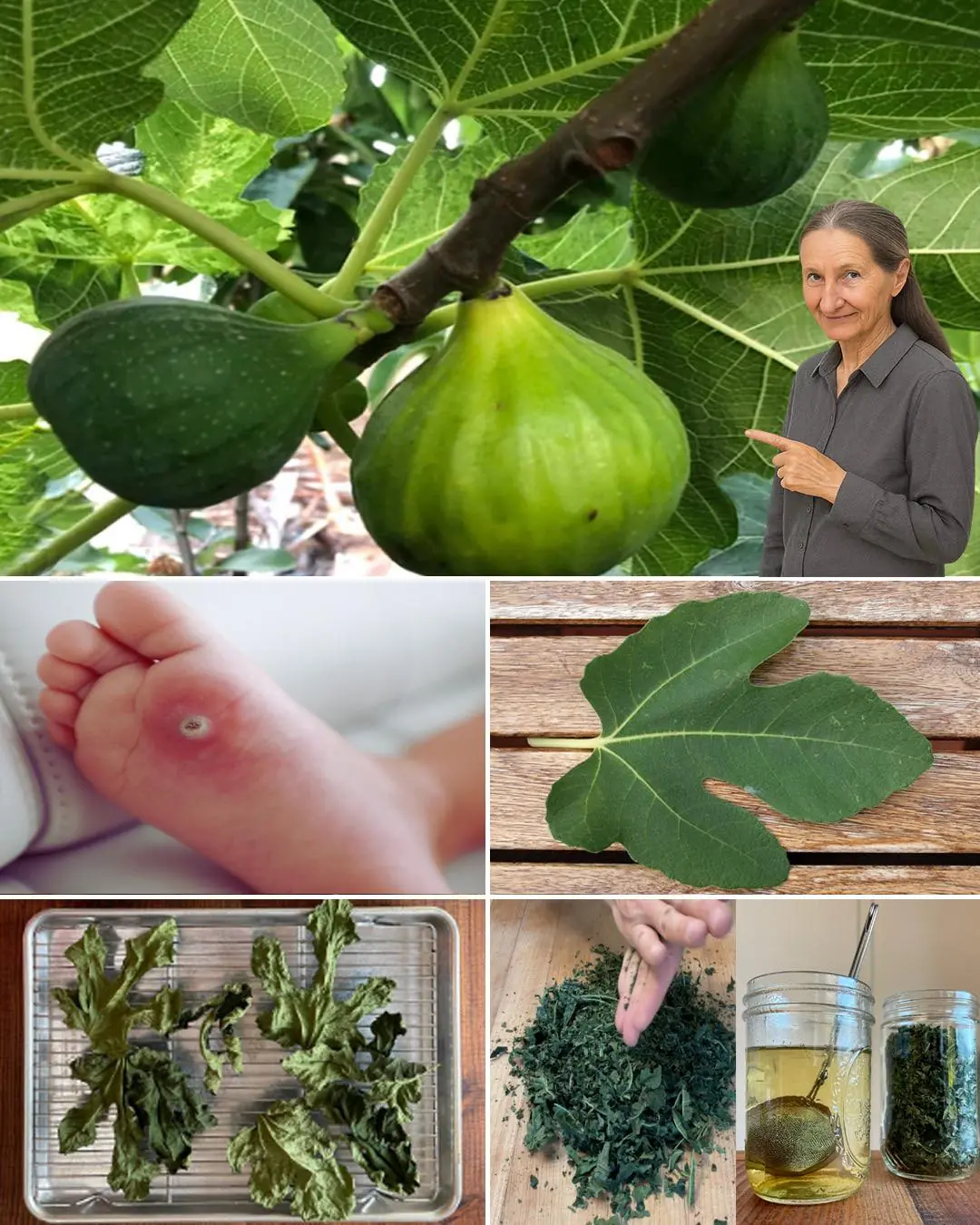
Fig Leaves: Surprising Benefits and Uses
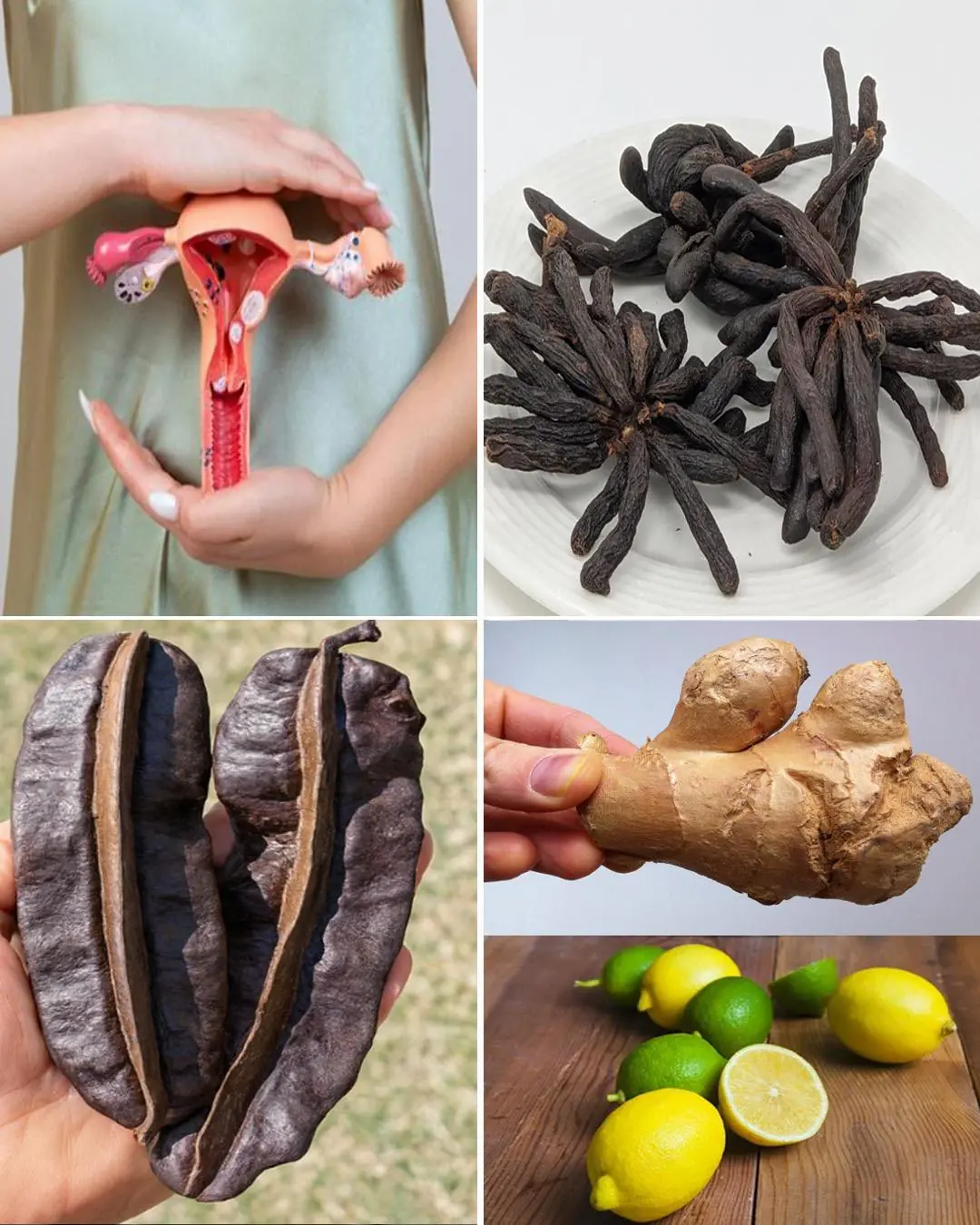
Inner Vitality Elixir: Benefits of Uda Seeds, Lemon, Aidan Fruit, and Ginger for Women’s Health

When Checking Out of a Hotel, Don’t Fold the Bedding—Not Knowing This Will Only Cause Trouble
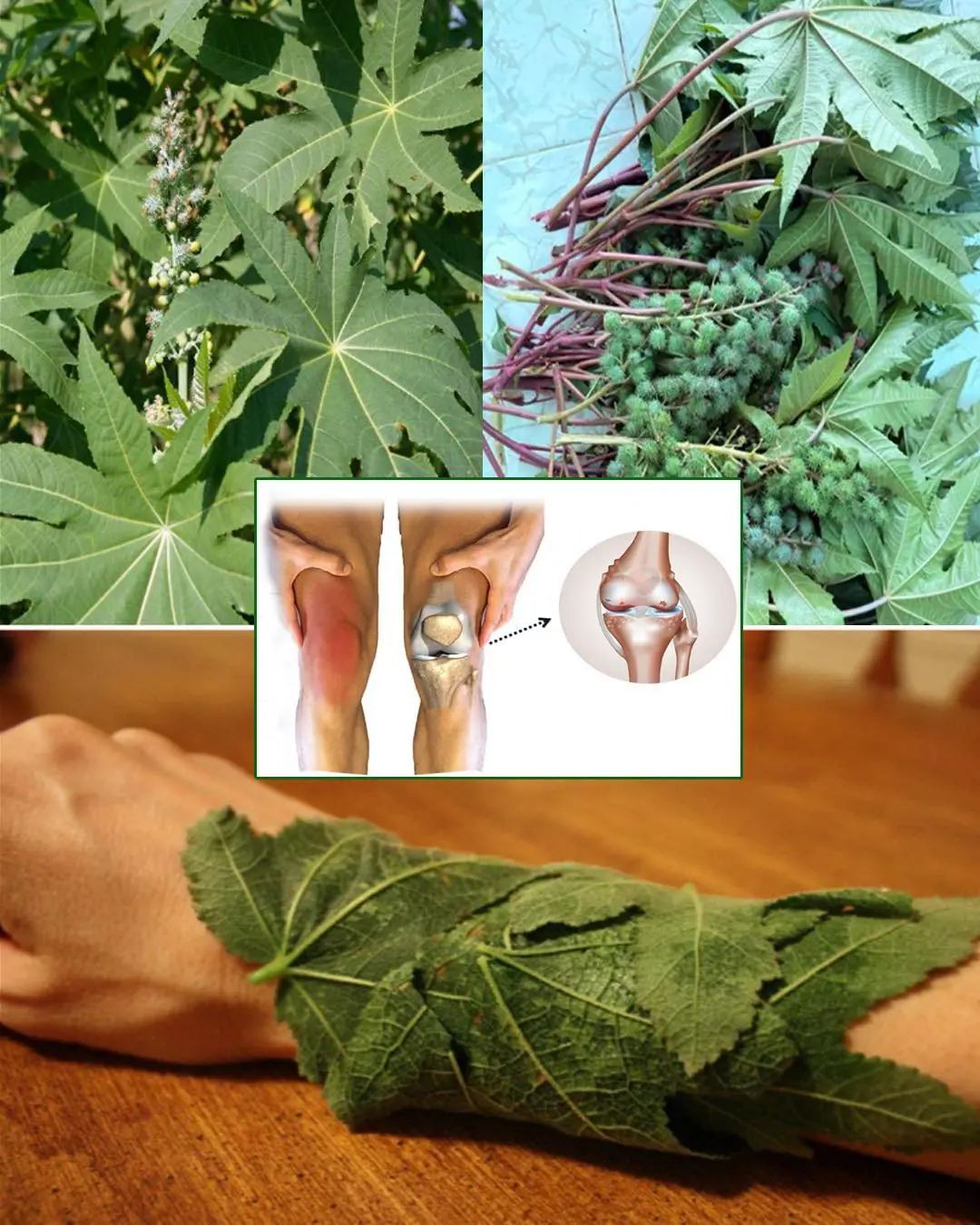
Some of the Benefits of Castor Leaves and the Seed
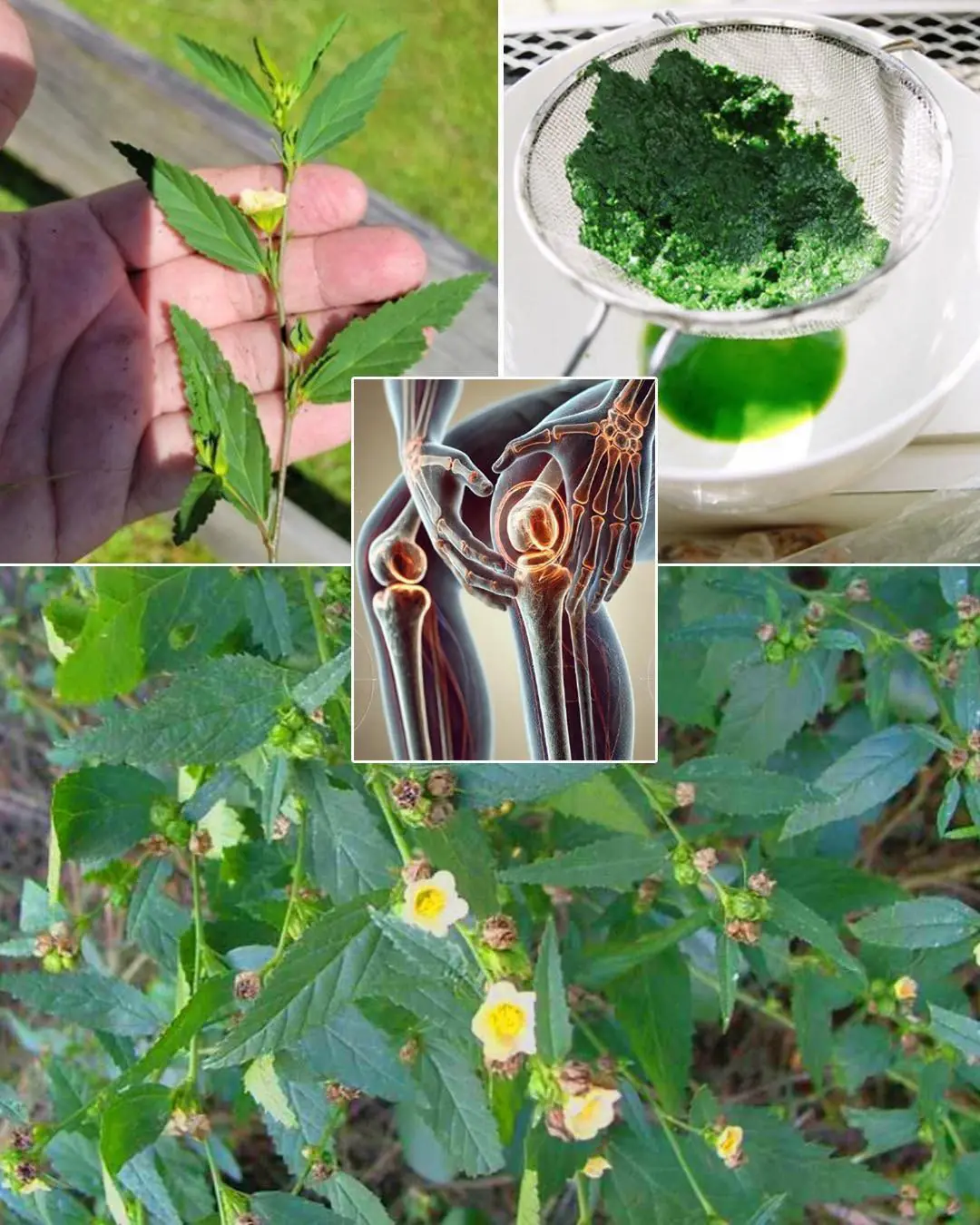
The Versatile Uses of Stubborn Grass

Pour Beer into Table Salt to Solve Many Household Problems – Wish I Knew This Trick Sooner!
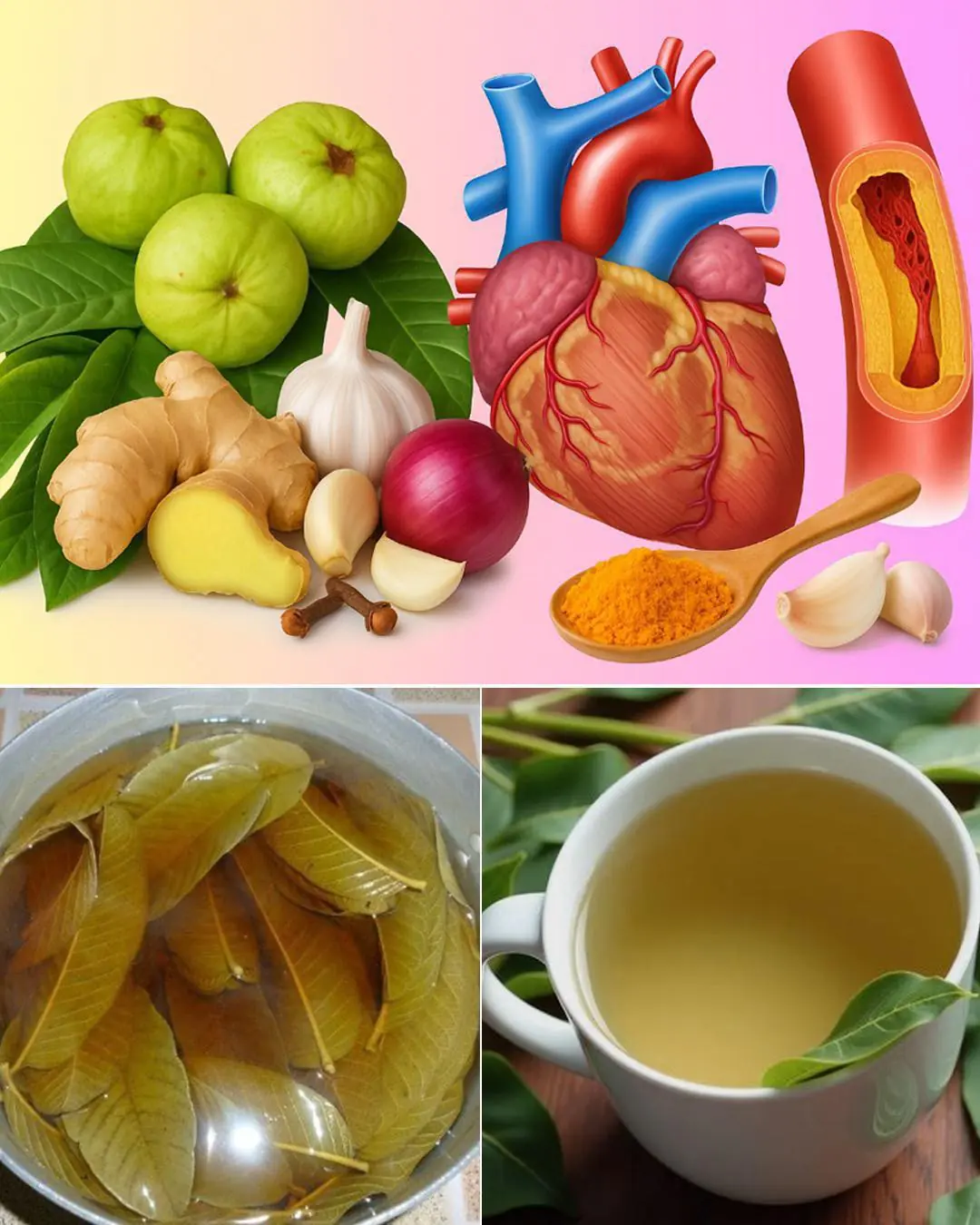
The Best Tea for Mornings and After Dinner: A Powerful Blend for Health
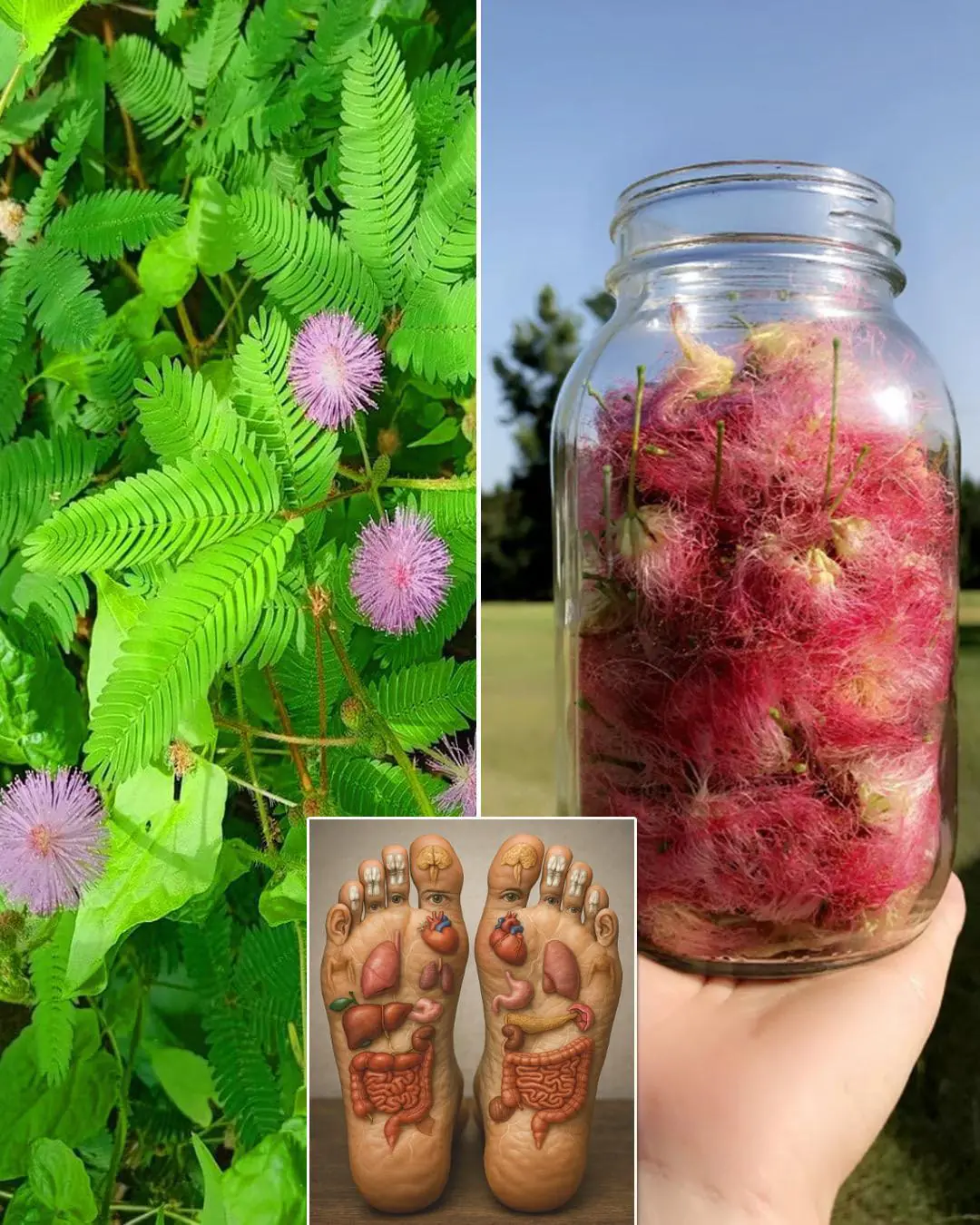
Mimosa Pudica Tea: How to Prepare and Health Benefits

If you have this plant in your garden, don’t cut it down – it’s incredibly valuable!
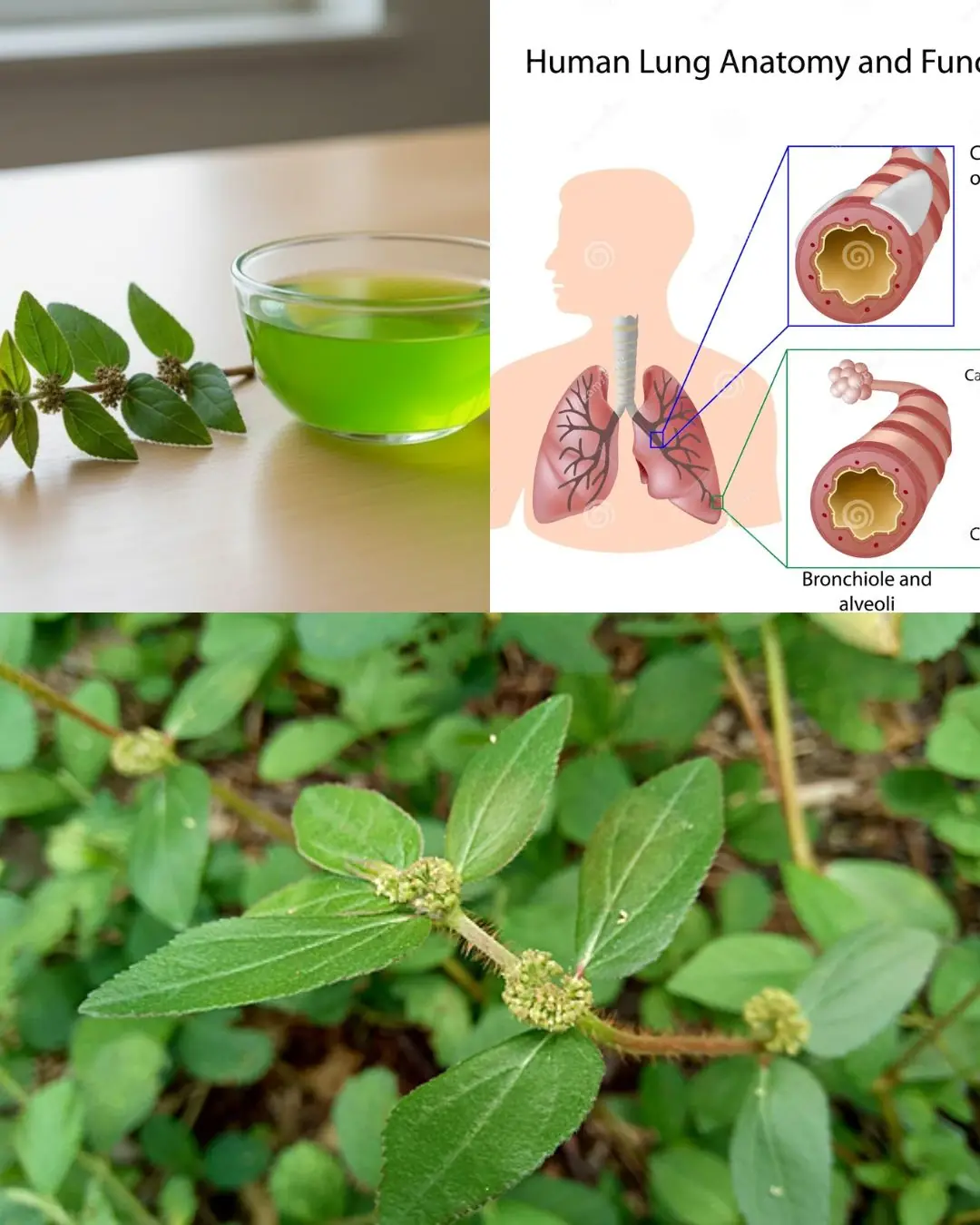
Euphorbia Hirta (Asthma-plant): Traditional Uses and Applications
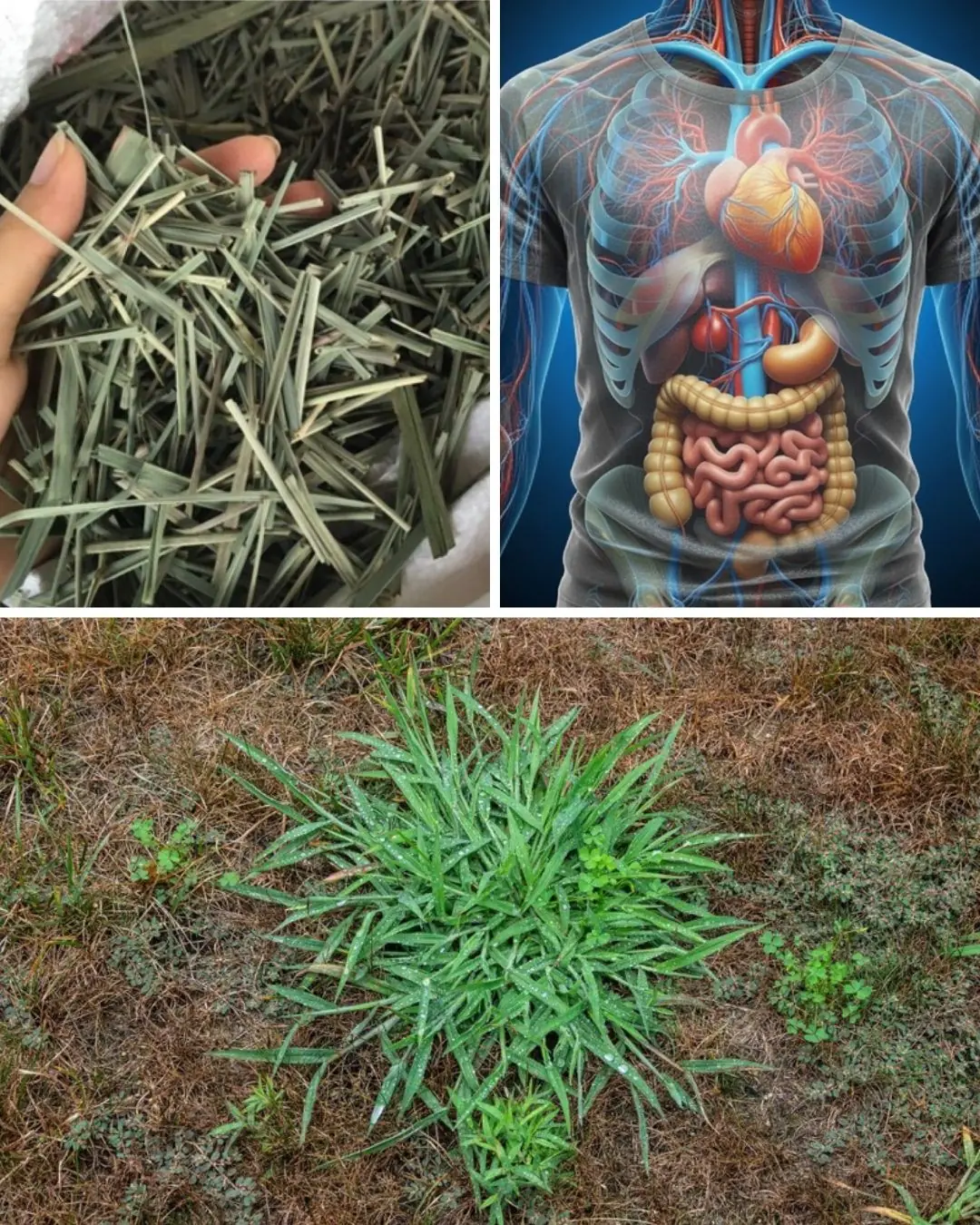
Harnessing the Power of Goose Grass: A Guide to Its Preparation and Therapeutic Uses

The water pipe is clogged, do this way to solve it easily, no need to call a plumber

Woman Left with Swollen Lip After Centipede Bites Her in Sleep
